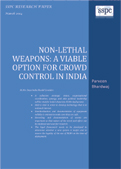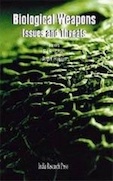Sri Lankan Buddhists: Peace Messengers to Terror Monk[ger]
Vehemently opposing the Human Rights violation report submitted by the UN Human Rights Commissioner Navnanethem Pillay, the Sri Lankan (SL) government has recently rejected her call for establishing ‘an international inquiry mechanism to further investigate the alleged rights violations (both Human Rights and Humanitarian Law) and for monitoring any domestic accountability process in Sri Lanka.






